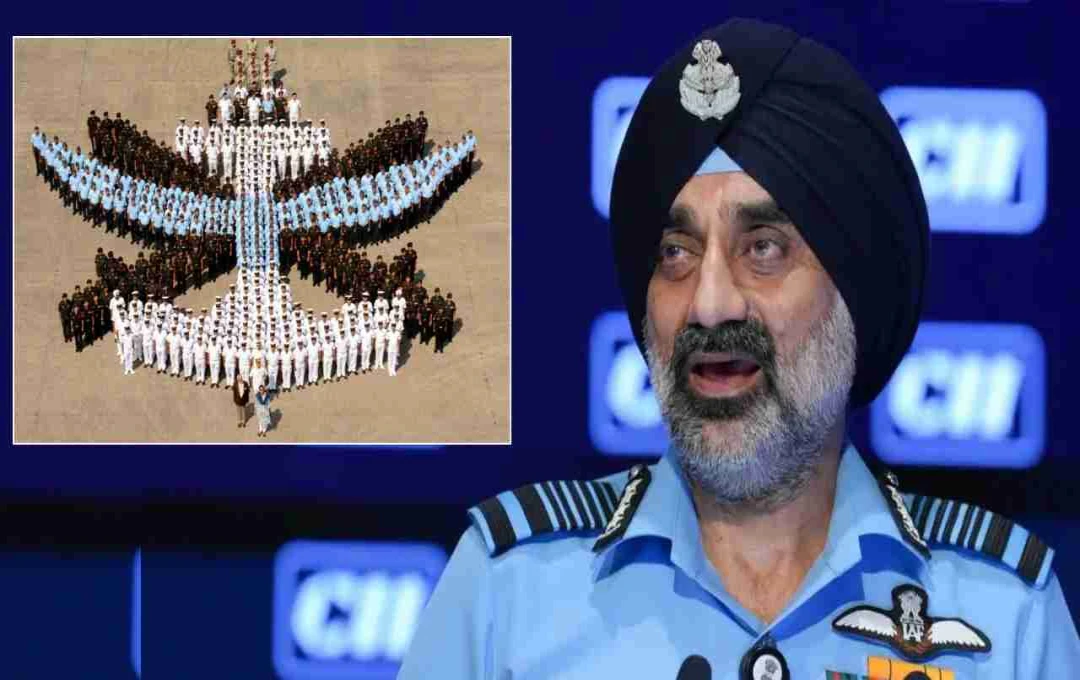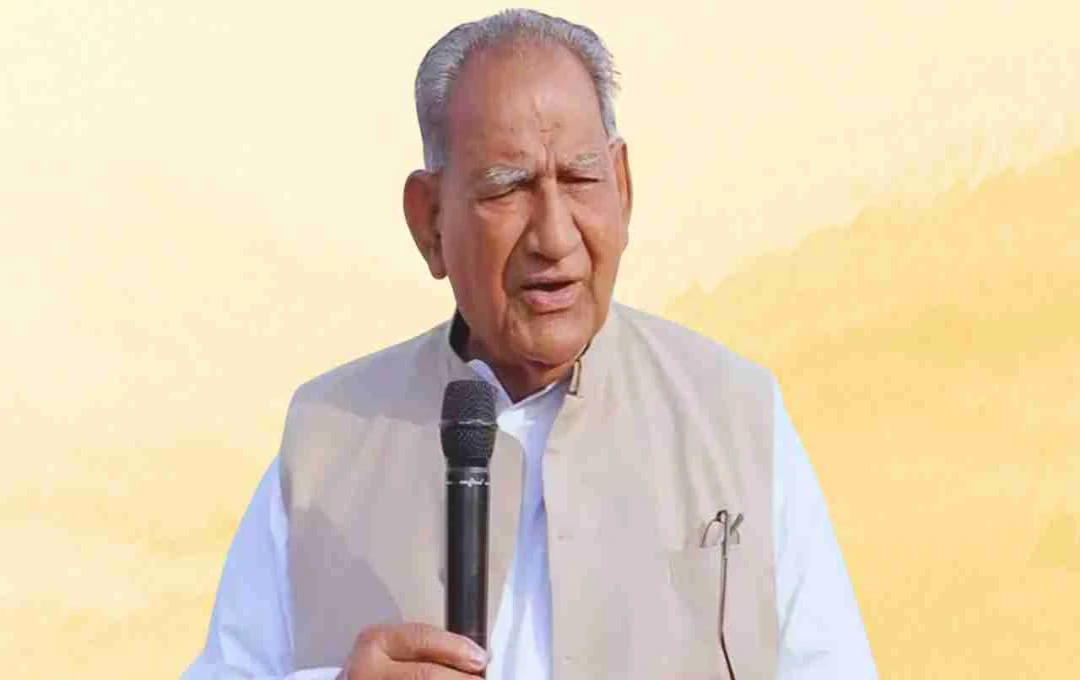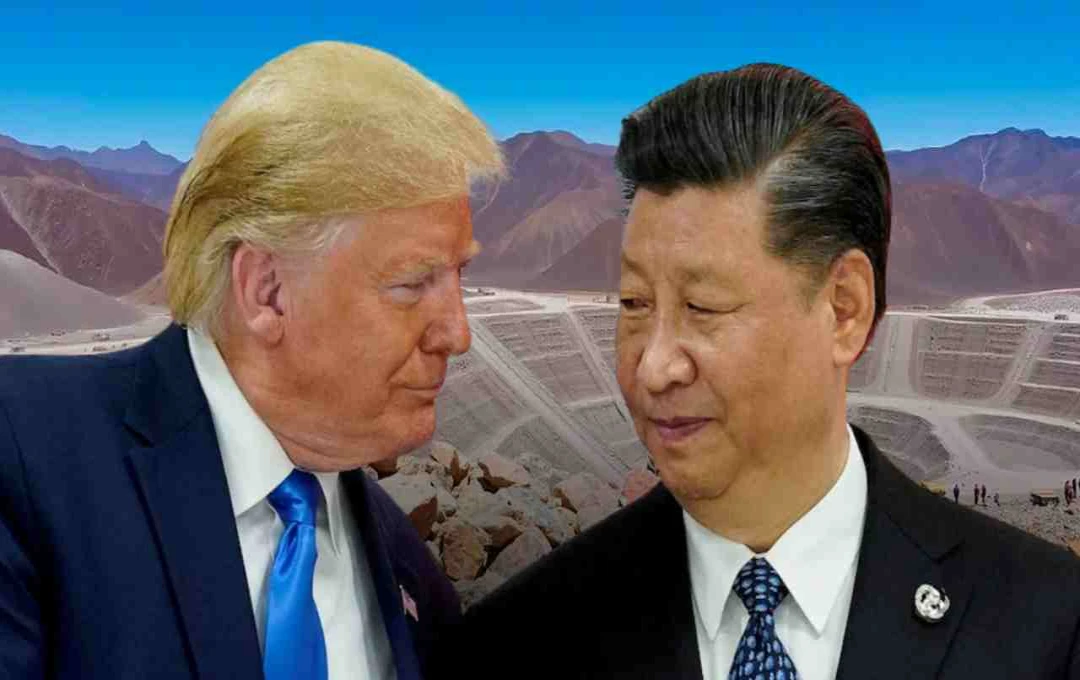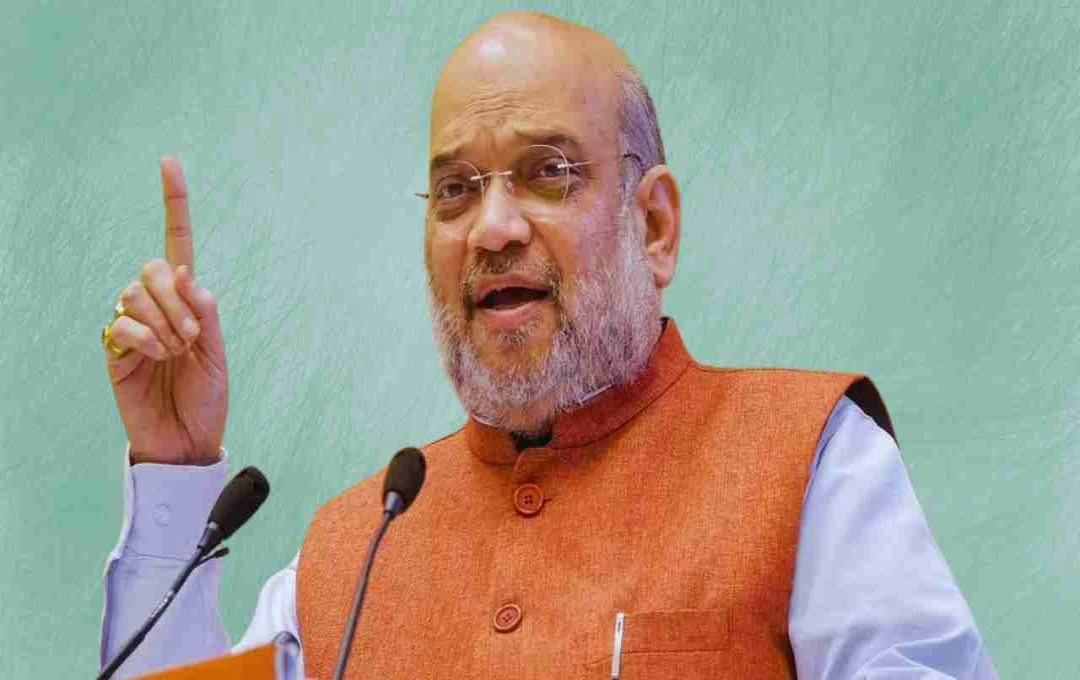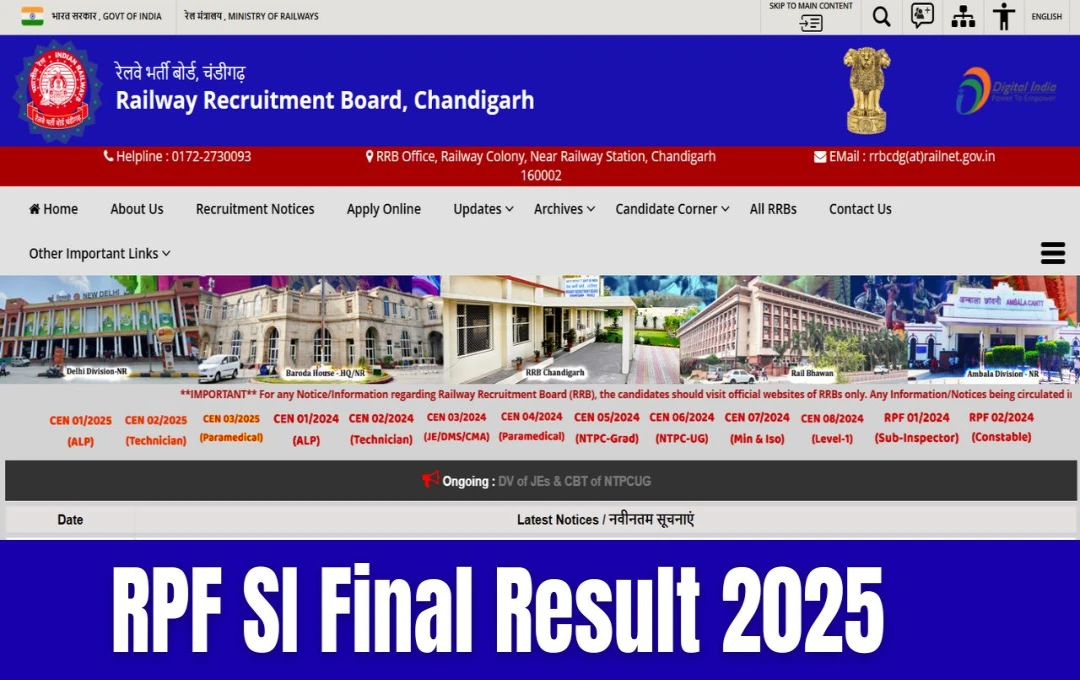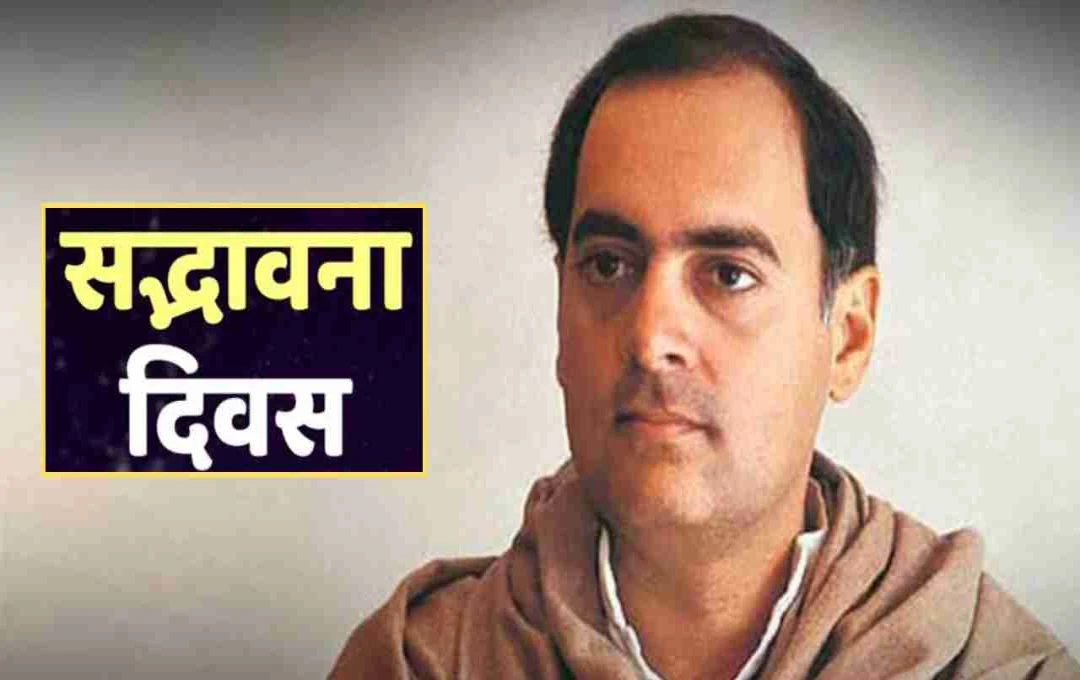Air Chief Marshal A.P. Singh Advised Against Hasty Theater Command Implementation. He stated that India should not emulate the American model and suggested establishing a joint planning and coordination center in Delhi.
New Delhi: Indian Air Force Chief Air Chief Marshal A.P. Singh has advised against making any hasty decisions regarding the establishment of theater commands. He clarified that India does not need to copy the model of the United States or any other country. Instead, the country should develop a unique and practical structure tailored to its own security challenges and needs.
Warning Against Haste on Theater Commands
Speaking at an event at the Army War College, Air Chief Marshal Singh said that India must consider the introduction of theater commands, but should not rush into it at any cost. He said that before adopting a model from another country, we need to understand that India's geographical and security needs are different. Therefore, blindly adopting another country's system can lead us in the wrong direction.
Proposal for Joint Planning and Coordination Center in Delhi
Air Chief Marshal A.P. Singh suggested that India should first establish a Joint Planning and Coordination Centre in Delhi, which would function under the Chiefs of Staff Committee. Through this center, coordination between the Army, Navy, and Air Force can be strengthened. He believes that when all orders are issued from a single center, coordination will be better and it will be easier to face future challenges.
Advice Not to Disrupt the Existing Structure
He said that there is no need to break the existing structure and create a new one at this time. First, we need to build a b system on a small scale and see the results. If this model proves successful, then a new structure should be considered on a larger scale. He said that hastily disrupting everything and creating a new structure could increase difficulties in the future.
Questioning the American Model
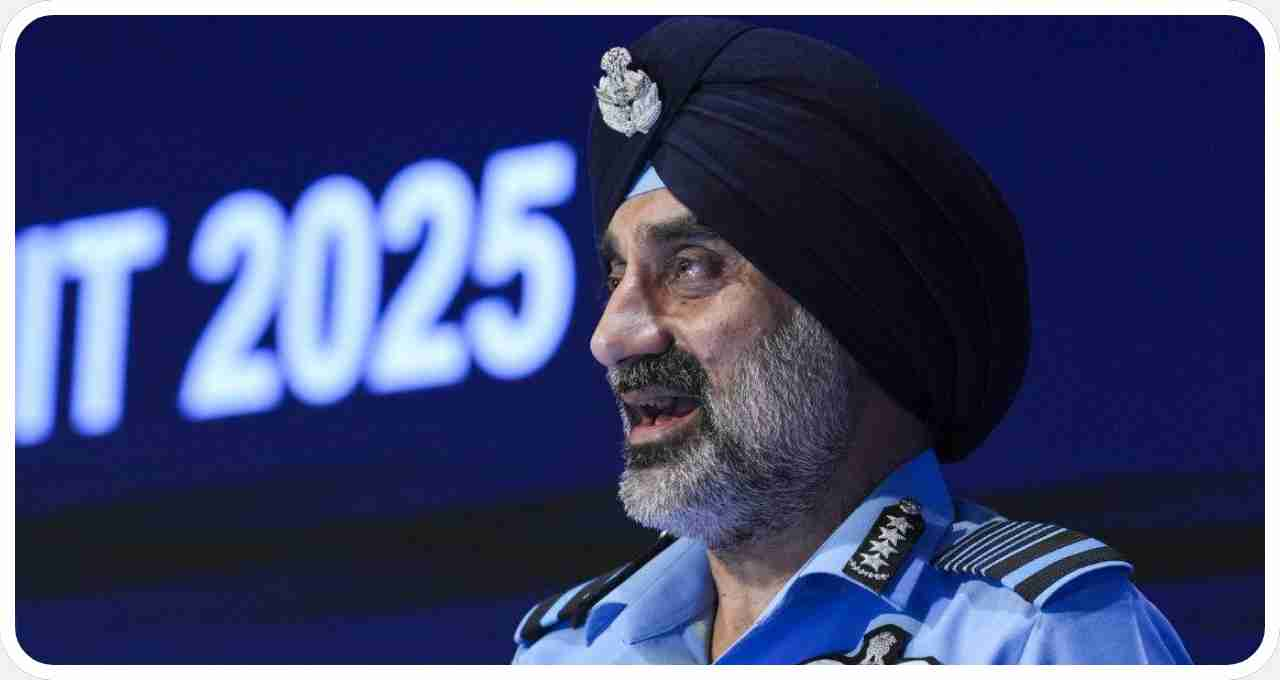
Air Chief Marshal also said that India should not take inspiration from international models like the United States in establishing theater commands. Every country has different geographical, political and security circumstances. Therefore, only that structure will be useful for India, which has been prepared according to its own needs. He said that mistakes can be made by taking hasty steps, so we have to proceed carefully.
Lessons Learned from Operation Sindoor
His comments on theater commands came nearly three and a half months after Operation Sindoor. Excellent coordination between the Army, Air Force, and Navy was seen in this operation. Air Chief Marshal said that this exercise proved that when all three forces work together in coordination, the results are even better. But for this, a clear command and control system is very important.
Emphasis on Preparing for Future Wars
Air Chief Marshal said that the world is changing rapidly and the nature of war is also very different from before. In such a situation, we have to make strategies keeping in mind the future challenges. He believes that the command system should be run with centralized planning, but the implementation structure should be decentralized so that it can work better at every level.
Advice Against Hasty Decision-Making
The Air Force Chief also said that decisions regarding theater command should not be taken under any kind of political or external pressure. Hasty steps can prove detrimental to the country's security structure. He suggested that we should first experiment on a small scale and if it is successful, then we should gradually move towards a larger structure.
Why India Needs Its Own Model
India's geographical and security challenges are different from those of the United States or any other country. India faces many challenges simultaneously, such as border security, monitoring maritime areas, and monitoring air space. Therefore, India needs a model that is tailored to its circumstances, not a copy of another country.
